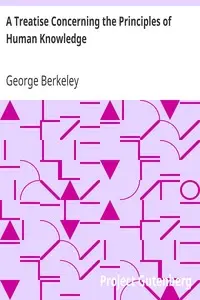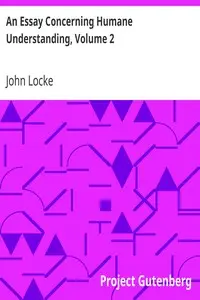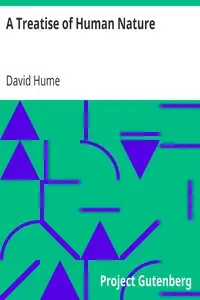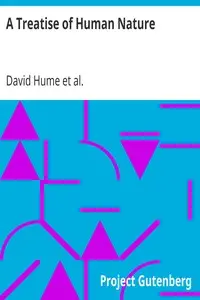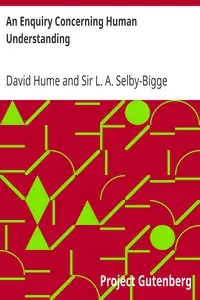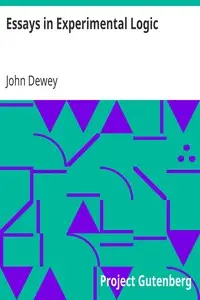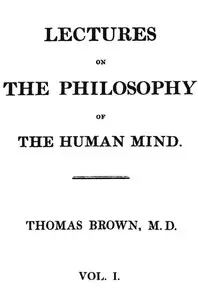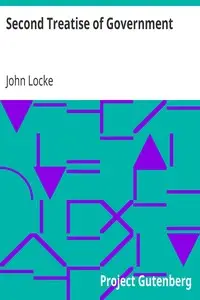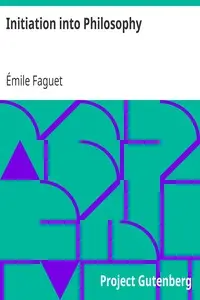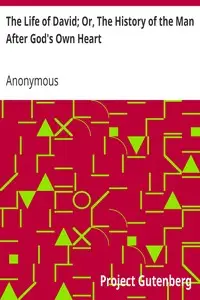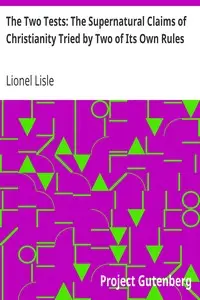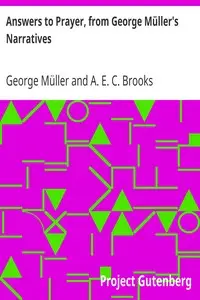** "An Essay Concerning Humane Understanding, Volume 1" by John Locke is a deep dive into how humans gain knowledge, arguing that we aren't born with pre-programmed ideas. Instead, the book suggests our minds are shaped by what we experience and how we think about it. Locke kicks things off by stressing the need to investigate the origins of human understanding as key to unlocking true knowledge. He challenges the common belief that people already possess certain knowledge or understanding when born. Locke instead shows how all our knowledge comes from what we sense and how the mind processes what it perceives. The early parts of the essay are dedicated to exploring how ideas begin and explaining the difference between knowing something, believing it, and merely having an opinion. Locke suggests that by truly understanding how we come to know things. we can better navigate the world and our lives. **
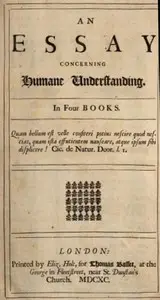
An Essay Concerning Humane Understanding, Volume 1 MDCXC, Based on the 2nd Edition, Books 1 and 2
By John Locke
** Uncover the surprising truth about how people gain knowledge in a revolutionary exploration of the human mind that overturns long-held beliefs about innate ideas.
Summary
About the AuthorJohn Locke was an English philosopher and physician, widely regarded as one of the most influential of Enlightenment thinkers and commonly known as the "father of liberalism". Considered one of the first of the British empiricists, following the tradition of Francis Bacon, Locke is equally important to social contract theory. His work greatly affected the development of epistemology and political philosophy. His writings influenced Voltaire and Jean-Jacques Rousseau, and many Scottish Enlightenment thinkers, as well as the American Revolutionaries. His contributions to classical republicanism and liberal theory are reflected in the United States Declaration of Independence. Internationally, Locke's political-legal principles continue to have a profound influence on the theory and practice of limited representative government and the protection of basic rights and freedoms under the rule of law.
John Locke was an English philosopher and physician, widely regarded as one of the most influential of Enlightenment thinkers and commonly known as the "father of liberalism". Considered one of the first of the British empiricists, following the tradition of Francis Bacon, Locke is equally important to social contract theory. His work greatly affected the development of epistemology and political philosophy. His writings influenced Voltaire and Jean-Jacques Rousseau, and many Scottish Enlightenment thinkers, as well as the American Revolutionaries. His contributions to classical republicanism and liberal theory are reflected in the United States Declaration of Independence. Internationally, Locke's political-legal principles continue to have a profound influence on the theory and practice of limited representative government and the protection of basic rights and freedoms under the rule of law.

